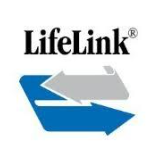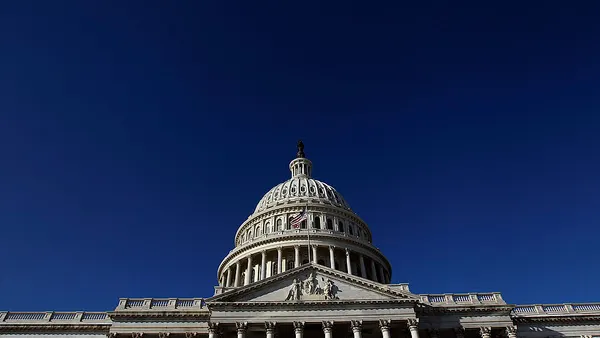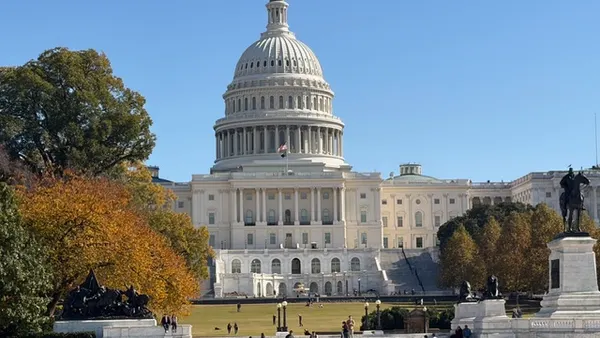Dive Brief:
- Earlier this week, Anthem said in a SEC filing 2015 enrollment is expected to be 38.6 million, more than the 38.3 to 38.5 million it predicted in October.
- The 11.3 million Americans who have signed up for health insurance in 2016 via HealthCare.gov and the state exchanges will help drive growth for hospitals, R. Milton Johnson, CEO of HCA Holdings, the largest for-profit U.S. hospital chain, told attendees at the J.P. Morgan Healthcare Conference earlier this week.
- Both companies expect to post higher earnings for 2015 than expected: Anthem said it expects to post "at least" $10.80 in adjusted per-share-profit this year, up from an anticipated $10.16 for 2015. HCA raised its outlook for adjusted earnings (EBITDA) in 2015 to $7.9 billion, above its earlier estimate of $7.8 billion.
Dive Insight:
Nashville-based HCA is the largest publicly traded hospital operator and said it expects to report same-facility admissions increased 1.6% in the fourth quarter, with same-facility ER visits up 3.6%. The company said in October it was seeing more patients without insurance, including those who had signed up and then later dropped coverage.
HCA CEO R. Milton Johnson said, "We are very encouraged by the open enrollment results so far." According to Reuters, 11.3 million Americans have signed up for individual coverage in 2016 through HealthCare.gov and the state exchanges. Enrollment closes on Jan. 31. He added some attrition in exchange enrollment is expected in the second half of the year, but he predicted the number of people dropping coverage would be small.
Allan Baumgarten, a healthcare analyst, told the Orlando Business Journal HCA may invest its additional revenue in hospital acquisitions, administrative infrastructure, high-tech medical equipment or employing additional physicians.
If Anthem's deal to buy Cigna is approved, the merged company is projected to have $115 billion in annual revenue and cover 53.2 million people. Cigna's stock continues to trade below Anthem's bid price, which the Wall Street Journal says is a sign investors are worried the deal won't be approved by federal and state regulators.














